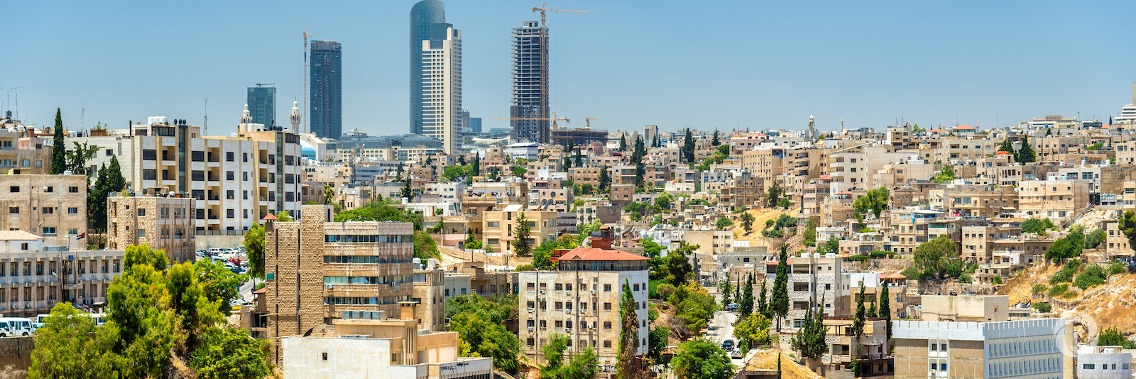The European Investment Bank (EIB) plans to extend EUR 870 million of loans and grants during 2019-2020 to support infrastructure and the development of the private sector as part of its contribution to the EU’s support for Jordan.
The President of the EU Bank, Werner Hoyer, announced EIB’s plans in London alongside EU and world leaders during the “Jordan: Growth & Opportunity – The London Initiative 2019” conference co-hosted by the government of Hashemite Kingdom of Jordan and the United Kingdom government.
At the conference, the Jordanian government and the EIB signed a loan agreement of EUR 65 million to finance the improvement of water supply systems in the “Deir Alla and Al-Karamah” districts in the Jordan valley, as well as the construction of a centralized sewage collection and treatment network in Deir Alla district.
The EIB’s support is part of EIB’s Economic Resilience Initiative (ERI) designed to strengthen the EU Southern Neighbouring countries’ ability to withstand shocks. The project will benefit from an additional investment grant of EUR 16.3 million from the Economic Resilience Initiative Fund (ERIF). The EIB’s finance will improve water supply and sanitation services for more than 85,000 people in the Jordan Valley and will have a positive impact on agriculture, environment, and tourism in the Jordan Valley region.
The agreement was welcomed by key EU and Jordanian partners.
“As leaders gather in London to pledge support for Jordan, the EU bank is demonstrating Europe’s commitment to resilience, stability, and quality of life in the country. We have more projects in the pipeline that will more than double our investment in the country over the next two years, to well over 1 billion dollars,” said Werner Hoyer, the President of the European Investment Bank.
The EIB plans to extend EUR 800 million of loans over 2019-2020, split between the public (EUR 200 million) and private sectors (EUR 600 million). On top, EUR 70 million of grants are expected to be procured for projects, in a variety of sectors including water, energy efficiency, support to SMEs, microfinance etc.
Original source: EIB
Published on 28 February 2019

